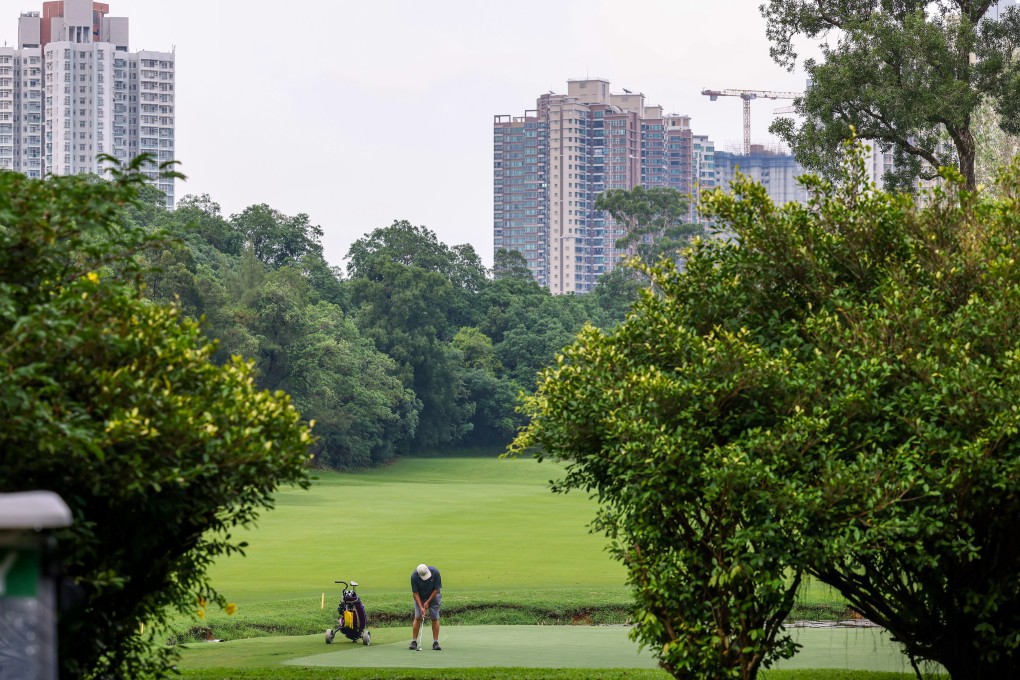Opinion | Hong Kong golf course vs housing debate is really about fair use of land
- Broad support for the government’s decision reflects a sense of social injustice, especially with elite clubs paying lower than market rates to rent public land
- Other than building flats, the government can explore options like opening up the Old Course to the public except when needed for tournaments

In this populous, land-scarce city, demand for affordable housing has never been more pressing, and the government has rightly decided to put the land to better use than the exclusive enjoyment of a privileged elite.
To get a more accurate picture, The Tanner Hill Workshop initiated a study of sentiment in social media on the Fanling housing plan. The study, which used keywords, was conducted by analytics agency Datago from May 1 to June 12. It returned 40 posts with 2,257 associated comments, with 70 per cent from Facebook, 18 per cent and 8 per cent respectively from the forums Lihkg and HK Discuss. The analysis showed broad support – more than half – for the government decision.
Separately, I conducted 20 informal but structured face-to-face interviews with people from different walks of life over the past two weeks. Half were neutral on whether the land should be used for housing, and six supported the proposal. Overall, there was a common perception that the current arrangement, a historical legacy, is based on inequitable access to public land.

